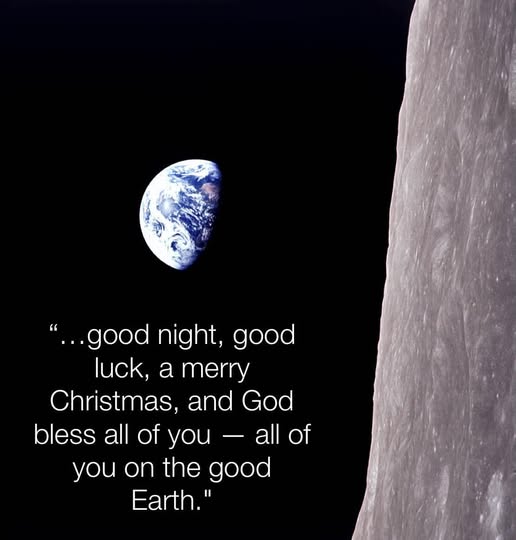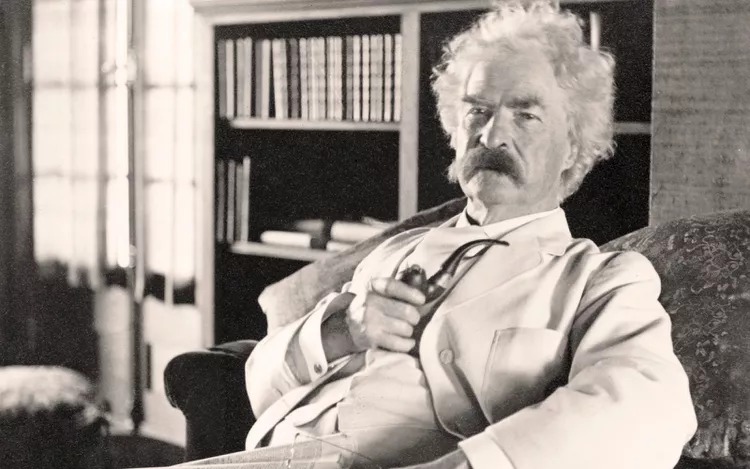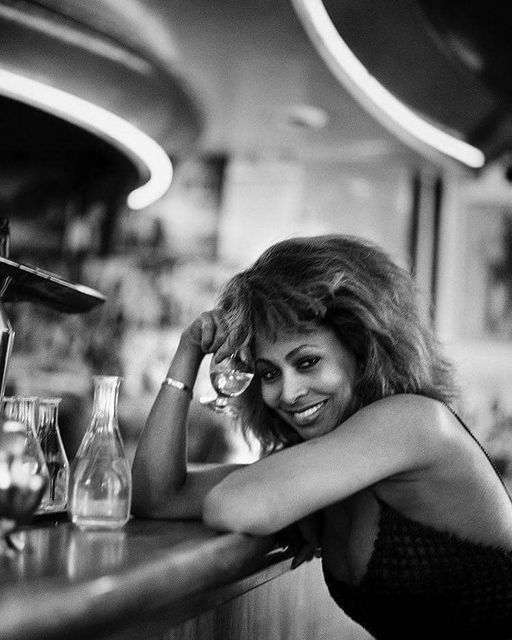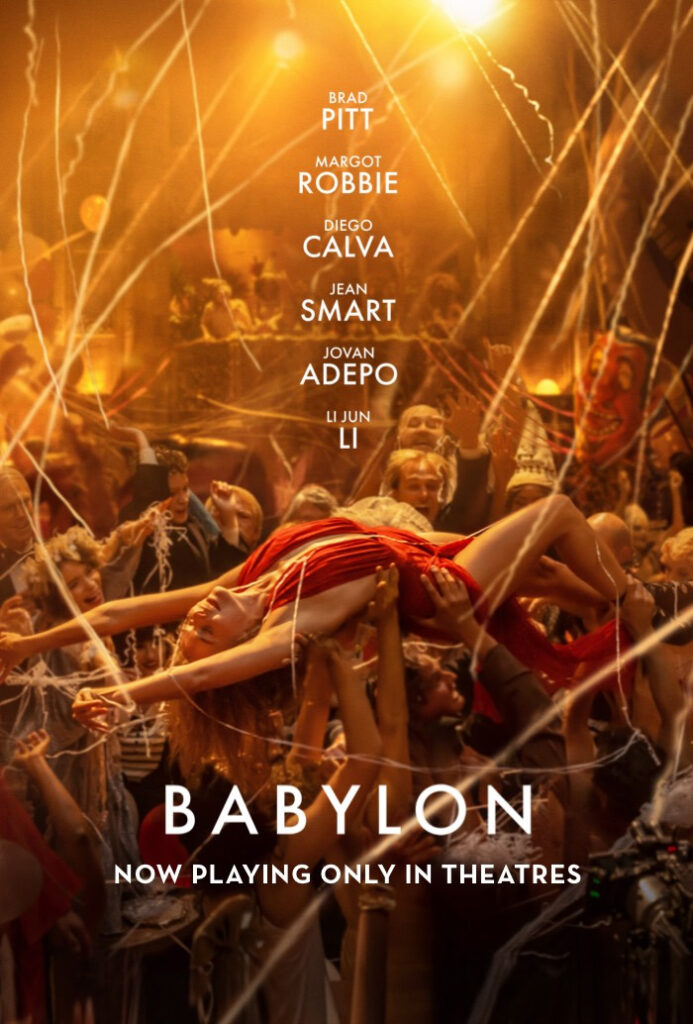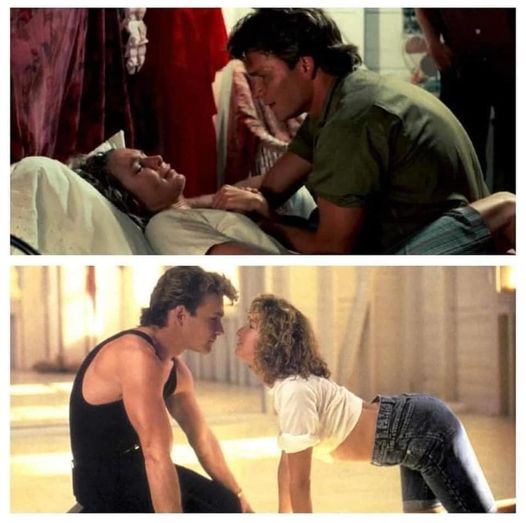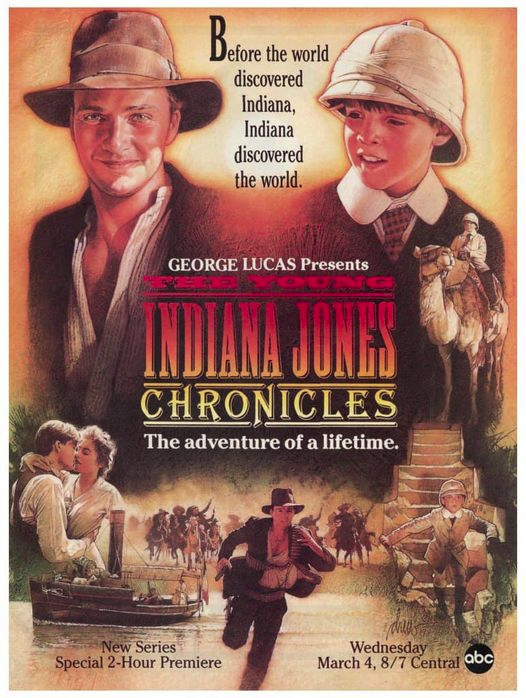I know I’m about to grab the third rail here, but in light of recent and ongoing events, I can’t hold my tongue any longer. May the Force be with me.
It’s been clear for a number of years that certain freedoms my generation grew up taking more-or-less for granted are not as inalienable as we had assumed. That judicial decisions alone simply aren’t strong enough to protect these freedoms. Not when institutions that were formerly… well, maybe not objective but at least not lopsidedly and blatantly partisan… are now dominated by activist judges (yes, I went there) who are quite obviously determined to overturn “settled law” now that they have the raw power to do it.
I’m speaking, obviously, about a woman’s right to choose whether to terminate a pregnancy.
Abortion.
Such an innocuous word that’s been rendered into an ugly epithet by decades of heated arguments.
Now, before anyone flies off half-cocked, I am not interested in having one of those arguments here. The way I see it, the two sides of the abortion argument — and it is an argument, not a true debate — aren’t even shouting about the same issue. Pro-lifers are concerned with the morality of ending a potential life, while pro-choicers are defending the individual autonomy of people who are already here. That is, the pro-choice concern is whether or not it’s moral to compel someone to undergo a life-altering event if they don’t want to, for whatever reason. These two concerns are adjacent, obviously, but they are not the same issue.
For the record, my own position on abortion is much the same as it is on any number of “morality issues,” including drugs, prostitution, and teenage sex: pragmatism. It frankly doesn’t matter what I personally think about abortion, or what you think either. The fact is, there are some activities that have always been part of the human experience and always will be, and that it’s a waste of energy to try and prohibit them altogether — the War on Drugs being a prime example. It’s been raging for decades, we’ve spent fortunes on it, militarized our police, incarcerated thousands of people, killed people, turned our borders and cities into warzones, and guess what? Our country is more awash in drugs now that it was when Richard Nixon declared this war. People like their drugs, and as long as there is demand, there will be a supply. The same applies with all these “moral problems.” Our goal shouldn’t be to try to do away with these things but rather to reduce the overall level of harm associated with them, for both individuals and for our society in general. To wit, women have always found ways to do away with unwanted pregnancies. Always. All throughout history. It’s not something that was invented in the 1970s. But prior to the ’70s, a lot of women died or maimed themselves while doing it. So what’s the greater harm? To allow something that a lot of people (but not all people) think is a sin but isn’t ever going to go away, or to try and prohibit it and drive it back into a dangerous underground?
I know, of course, what the hardcore pro-lifers would say. They unequivocally equate abortion with murder, and who thinks it’s a good idea to allow legal murder in our society? The thing is, though… not everyone agrees that abortion is murder. We all know what murder is and (hopefully) we all agree that’s something that is truly harmful to individuals and society. We don’t have that kind of collective clarity around abortion. Which is probably why 72% of Americans still believe it should remain legal, according to recent polling. Nevertheless, it’s very likely that a partisan Supreme Court will overturn Roe v. Wade this summer, ending a 50-year-old paradigm. I fear we’re about to find out exactly which is the more harmful route.
The thing that really concerns me, though, is the likelihood that the crusaders who see victory within their grasp won’t be content to stop with abortion. There are other “morals issues” that were decided by SCOTUS decisions, and there are already rumblings that those decisions could also face being overturned by this current Court. Gay marriage is definitely in danger, but so is legal contraception and possibly even interracial marriage — things that are now so much part of the fabric of American life that many people today find impossible to imagine them ever not being legal. In short, the entire sexual revolution could be undone in the next couple of years. The freedom Americans have enjoyed (nudge nudge wink wink) for over half a century — the freedom to marry the person they love, the freedom for consenting adults to enjoy sex without fear — could very well be taken away. A minority of religious conservatives want this. They see it as a reestablishment of a natural order, a return to their definition of responsibility (i.e., no sex outside of marriage for straight couples, no sex without the possibility of pregnancy, and no legal homosexual activity at all). I — and I imagine a lot of other Americans — see this scenario as a huge step backwards, a regression into a less-civilized time defined by fear and a tyrannical pulpit. I say it’s nobody’s business what other people do with respect to love, sex and reproduction, and that trying to push the genie back into the bottle is going to result in utter chaos… and a lot of pain.
Maybe I’m wrong. Maybe the Supreme Court is not as agenda-driven as I fear they are and will rule on the side of true conservatism, i.e., not rocking a long-established boat. I hope that’s the case. But either way, I think it’s time to stop depending on judicial decisions for our sexual and marital rights. I see now that this has been a historic mistake. It’s long past time to codify these rights. The House of Representatives passed a bill to codify abortion rights back in September, but as far as I know, it’s gone nowhere in the Senate, and even if it does somehow pass — and I know that’s incredibly unlikely — I don’t think that’s enough. For an issue so utterly fundamental to true human liberty, we need to pull out the big guns. We need a Constitutional amendment to guarantee freedom of marriage, freedom of reproductive choice (abortion and contraception), and while we’re at it, freedom of privacy as well, which has always been the foundation of those other freedoms in the relevant judicial decisions but is not, as so many have pointed out, specifically articulated in the Constitution. Let’s call it… the “Pursuit of Happiness” Amendment. It needn’t be a long or complicated thing, and in fact, it would probably be better if it’s not. Here’s my back-of-an-envelope draft:
- The right of an individual to make their own reproductive choices shall not be infringed.
- The right of consenting adults to marry whomever they wish shall not be infringed.
- An individual’s right to a reasonable amount of privacy around their personal information and affairs shall not be infringed.
Now, I’m not a legal scholar, obviously. I don’t know if that language would be sufficient to do the trick or if there are loopholes or other problems there. I’m also not naive. I know that getting any amendment passed, on any subject, is a Herculean effort, and that the odds for something like this succeeding would be incredibly slim. Hell, we couldn’t even manage to ratify the ERA, which seems to me like a total no-brainer. But I do know that the way to make change is to start talking about ideas. And I am convinced that we’ve got to start talking about something like this amendment, and very soon. So… how do we get this ball rolling?
